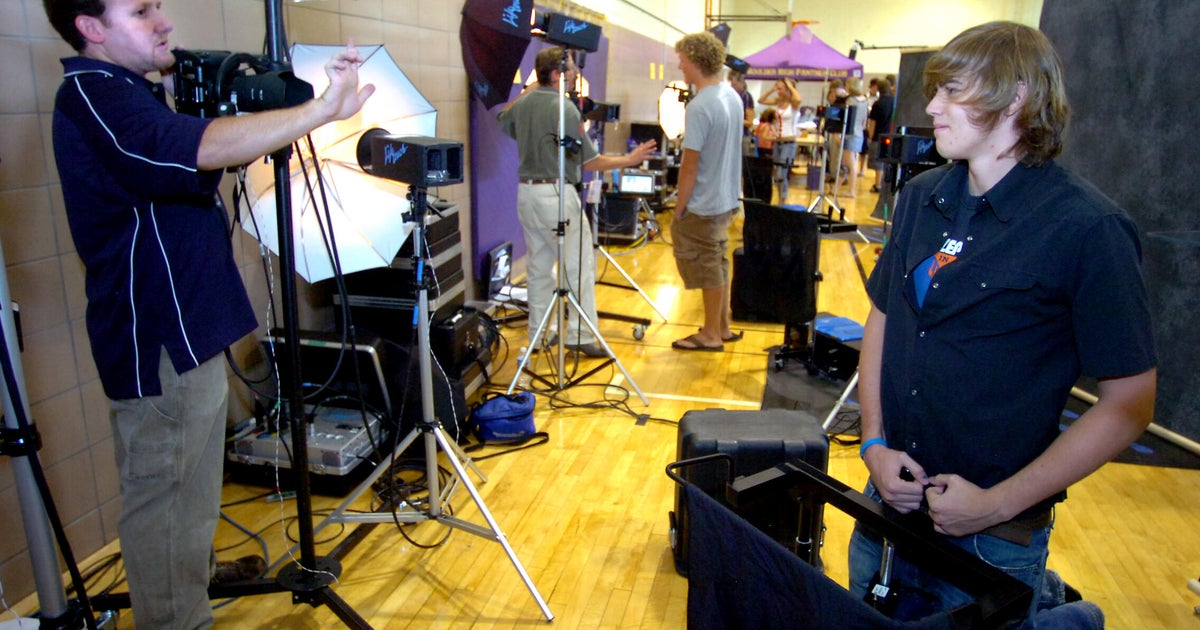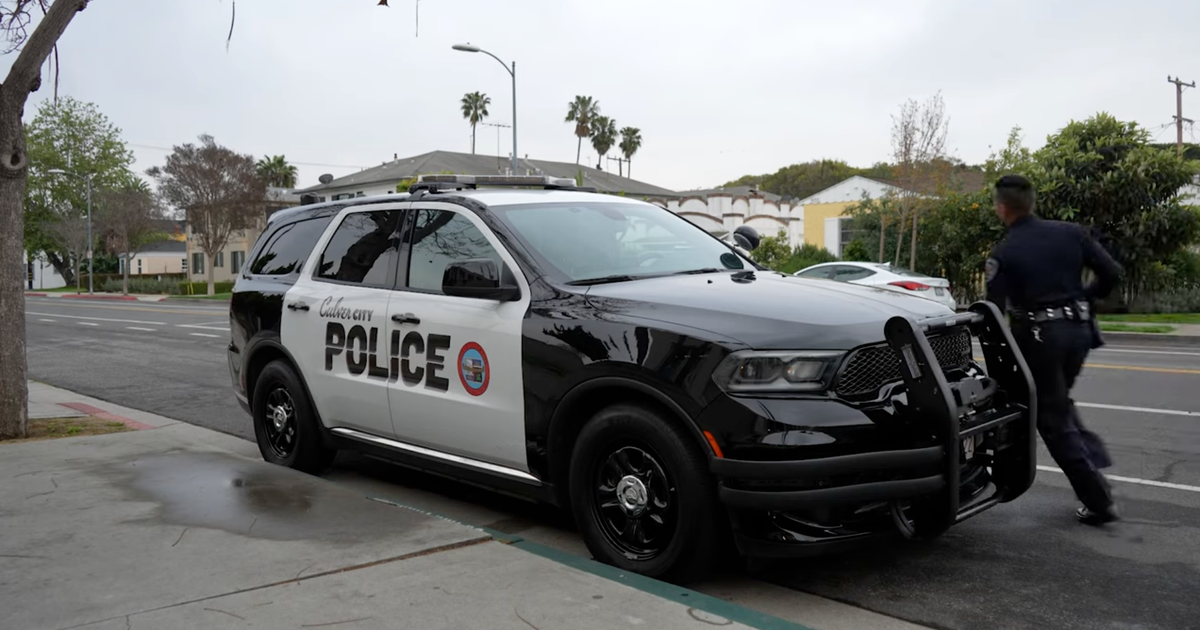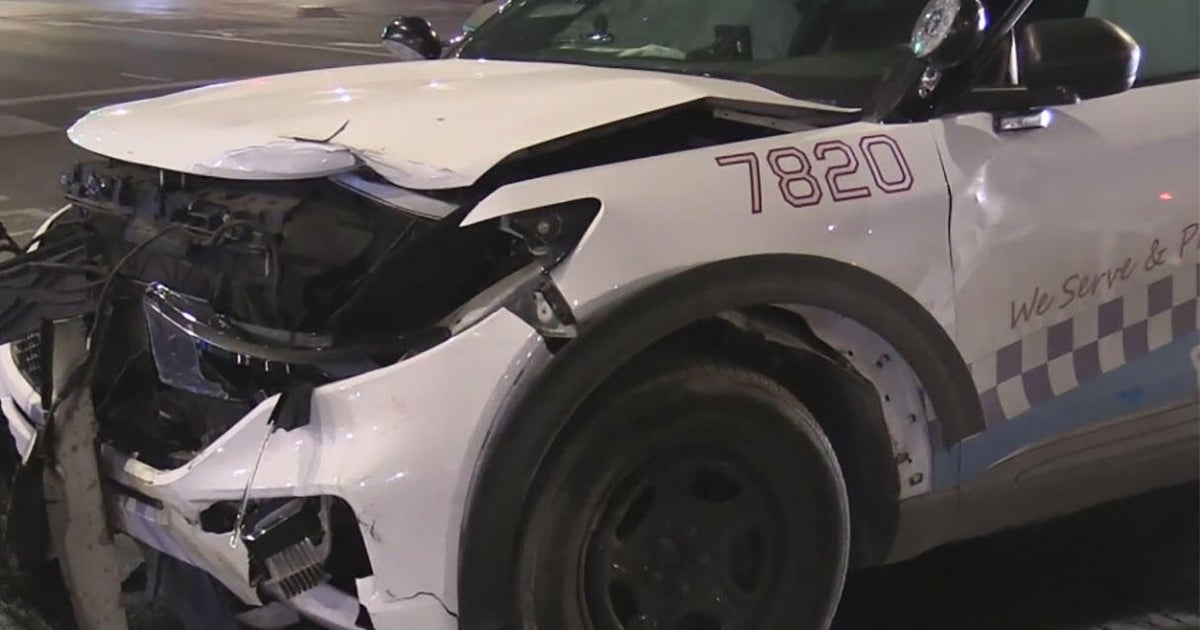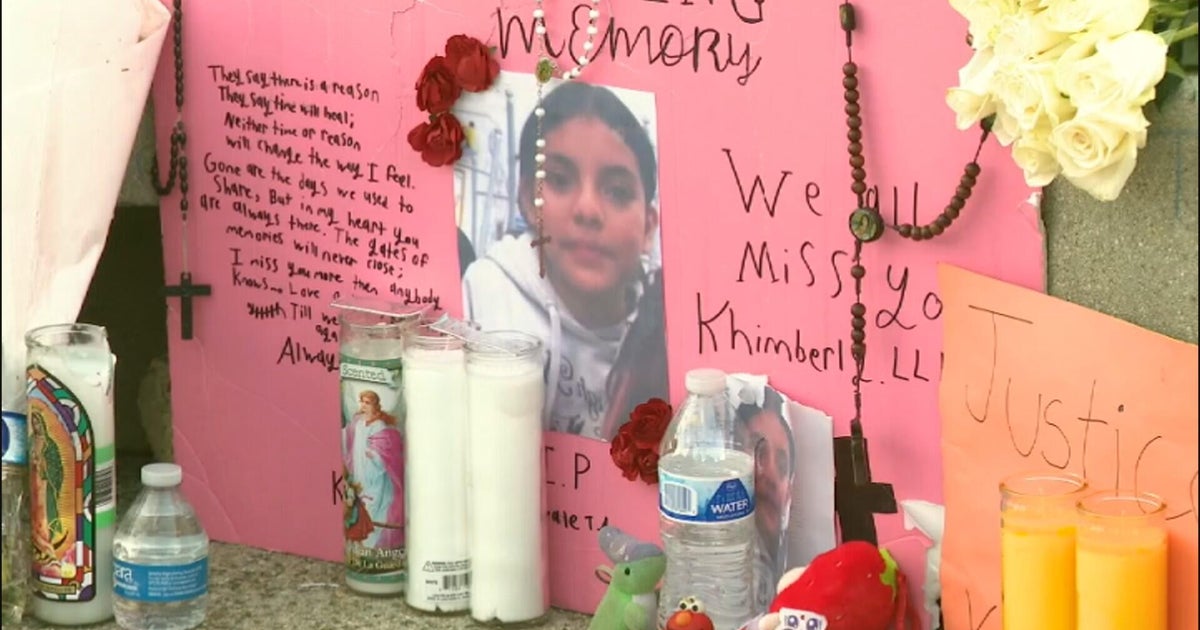North Texas Researchers Making Headway On PTSD Treatment
Follow CBSDFW.COM: Facebook | Twitter
DALLAS (CBSDFW.COM) - A staggering one in six soldiers, who've served since 2001, may have post-traumatic stress disorder. Those are the findings released Wednesday from the Veterans Health Administration.
The report underscores why doctors are seeking and need every treatment option possible. CBS 11 News found some Dallas researchers who think they've discovered a new way to help.
Sara Poquette is taking part in research that is focused on her brain. The U.S. Army Staff Sergeant was involved in a 2004 car bombing in Iraq.
"I don't really remember what happened after feeling the pressure wave and seeing the explosion," she recalled.
Five years after the incident she was diagnosed with a traumatic brain injury and post-traumatic stress disorder.
The 31-year-old said she knew something was wrong. "I was very quick to anger and I was drinking a lot. I really hit rock bottom."
So what should have been a very happy time was very tense for Poquette. "Just fearing being blown up… back here in the United States."
Poquette came to the Center for BrainHealth at the University of Texas at Dallas, where researchers are studying transcranial magnetic stimulation or TMS.
Dr. Caitlin Schraufnagel explained, "It's basically using a magnet to stimulate areas of the brain."
Funded by the department of defense the experiment exposes a specific part of the brain to magnets, before a participant's therapy session, to see if it helps separate difficult memories from the strong emotions they bring up.
Talking to Poquette, Dr. Schraufnagel said, "Sometimes it's kind of a, kind of a tapping sort of sensation, kind of feeling like your head being tapped." Poquette said, "I'm sitting here counting tiles on the ceiling. It doesn't feel like anything."
The Staff Sergeant said she isn't sure if the magnets are working or if it's just the therapy, but after months of treatment she feels like a different person. "A much better person and in a much better place than when I started."
Poquette believes one day the project could help unlock the science behind PTSD and the best treatment for the thousands of others who suffer from it.
The program and research recently expanded to law enforcement. Click here to find out more and how to participate in research with the UTD Center for BrainHealth.
(©2014 CBS Local Media, a division of CBS Radio Inc. All Rights Reserved. This material may not be published, broadcast, rewritten, or redistributed.)
Latest News:
Top Trending:







